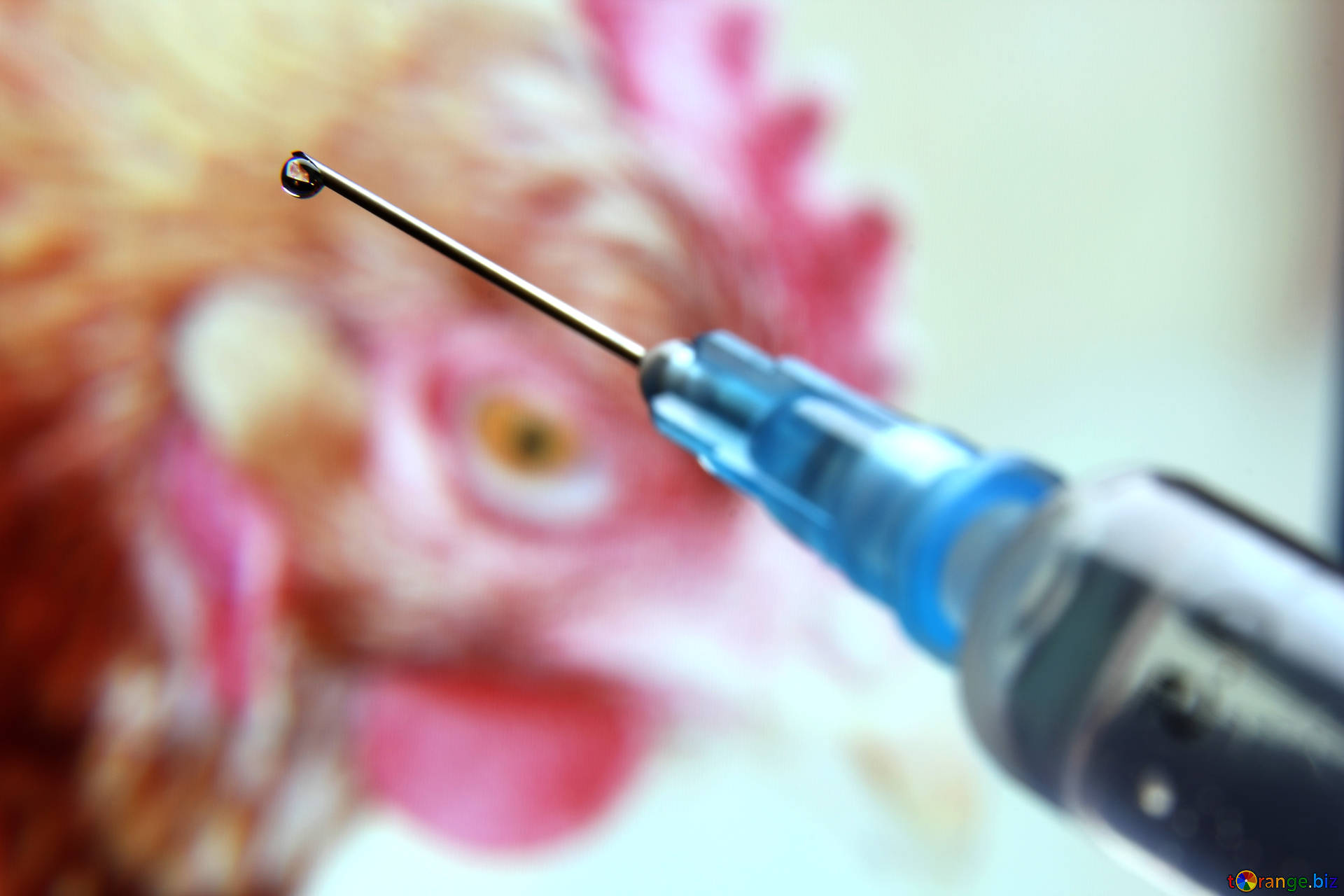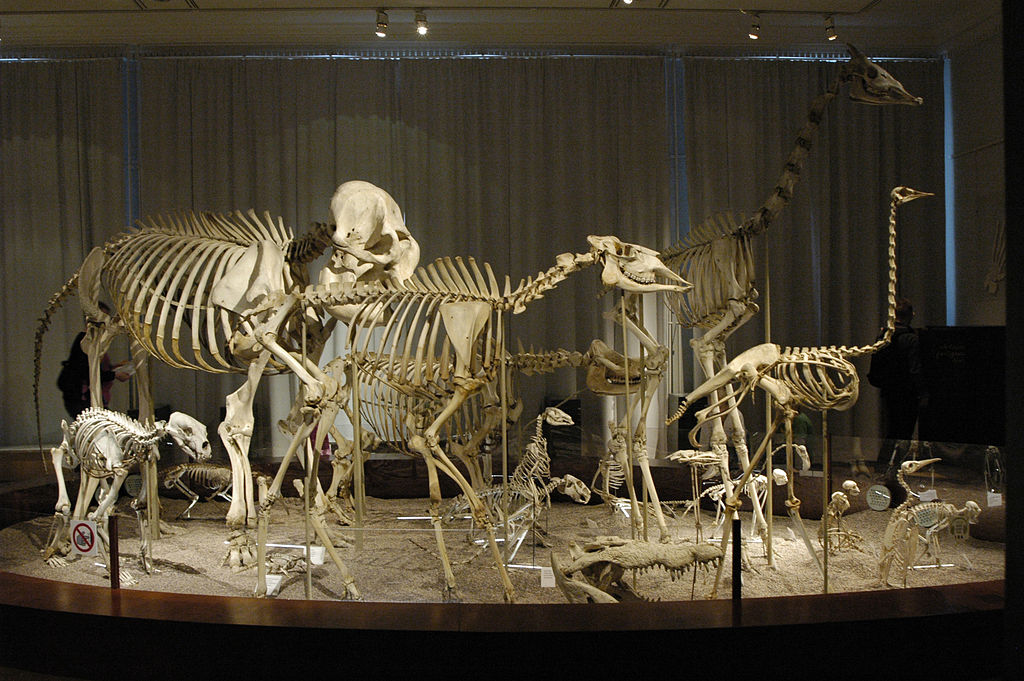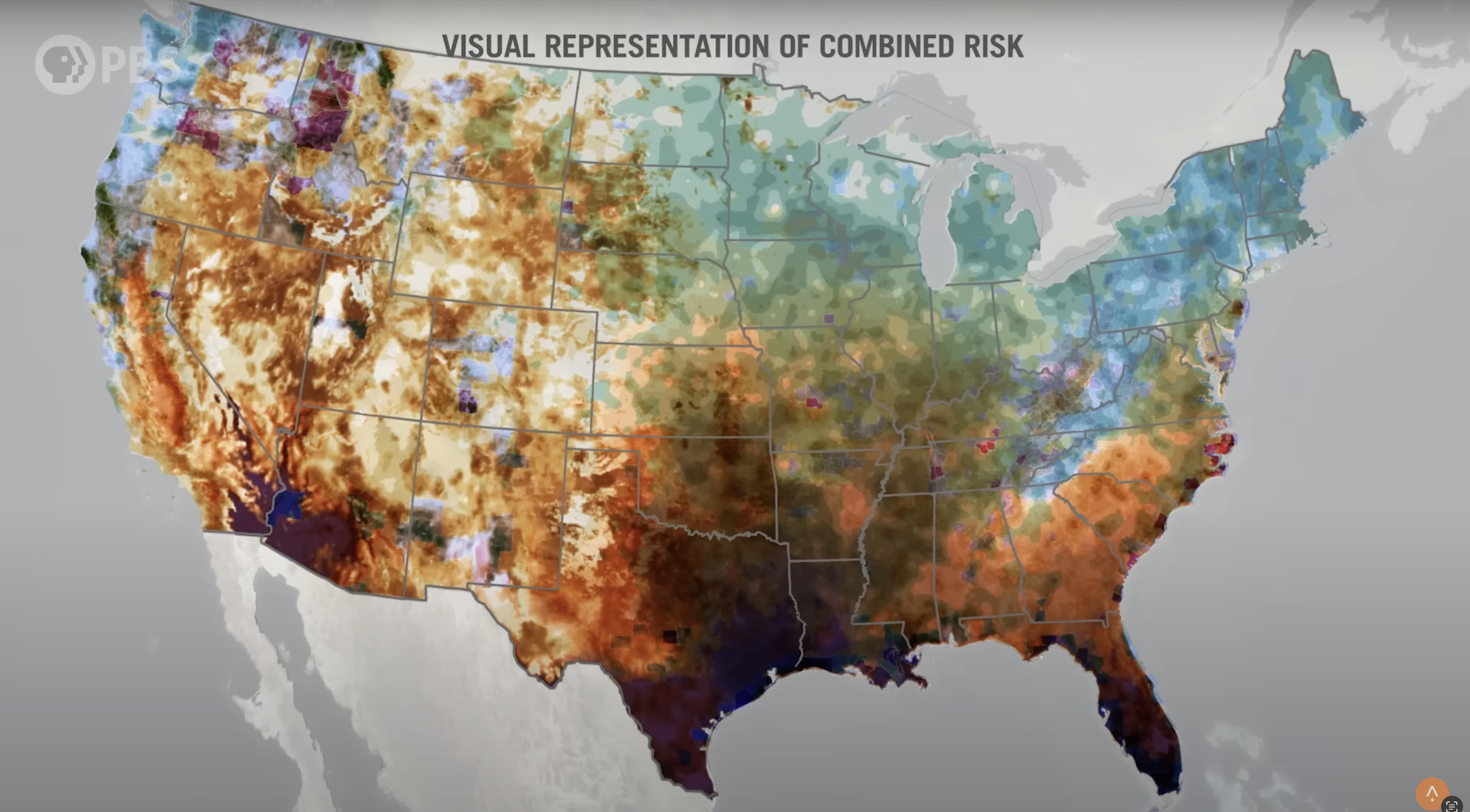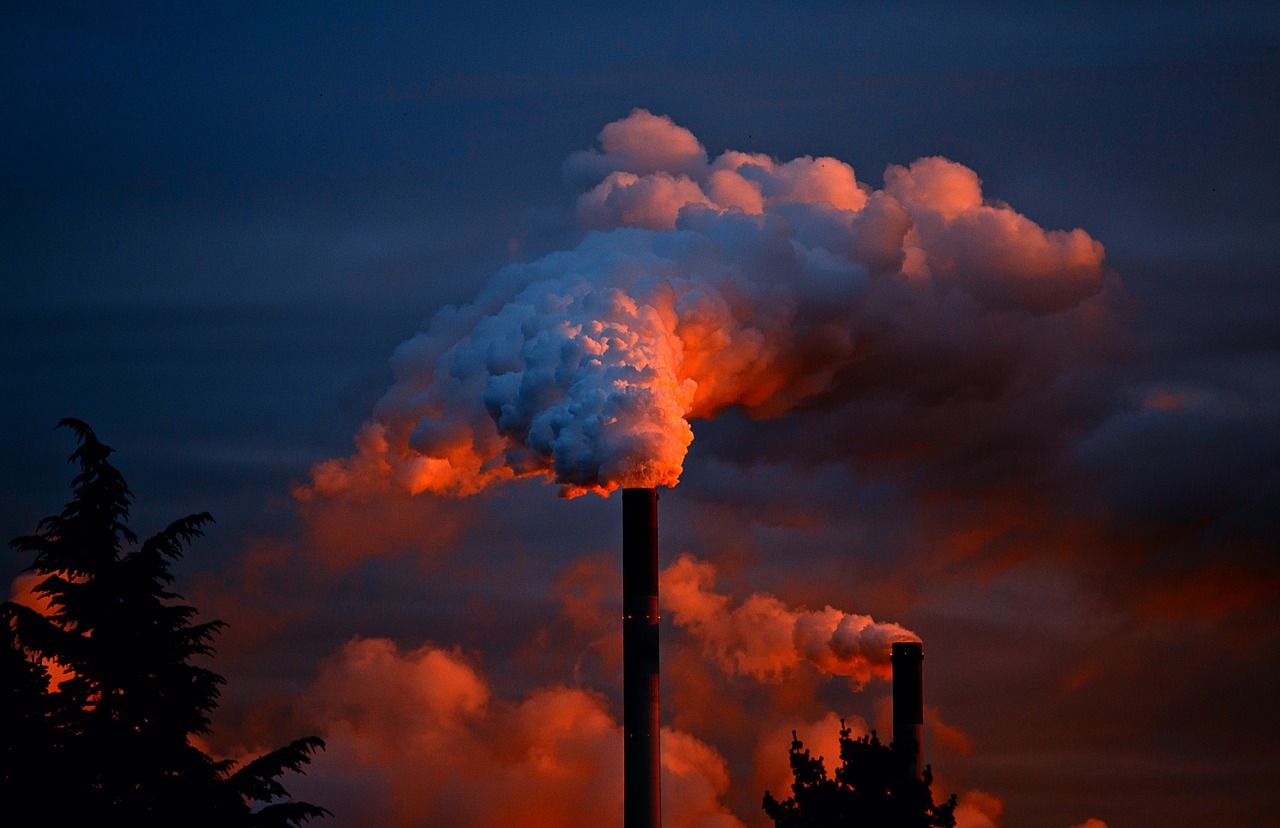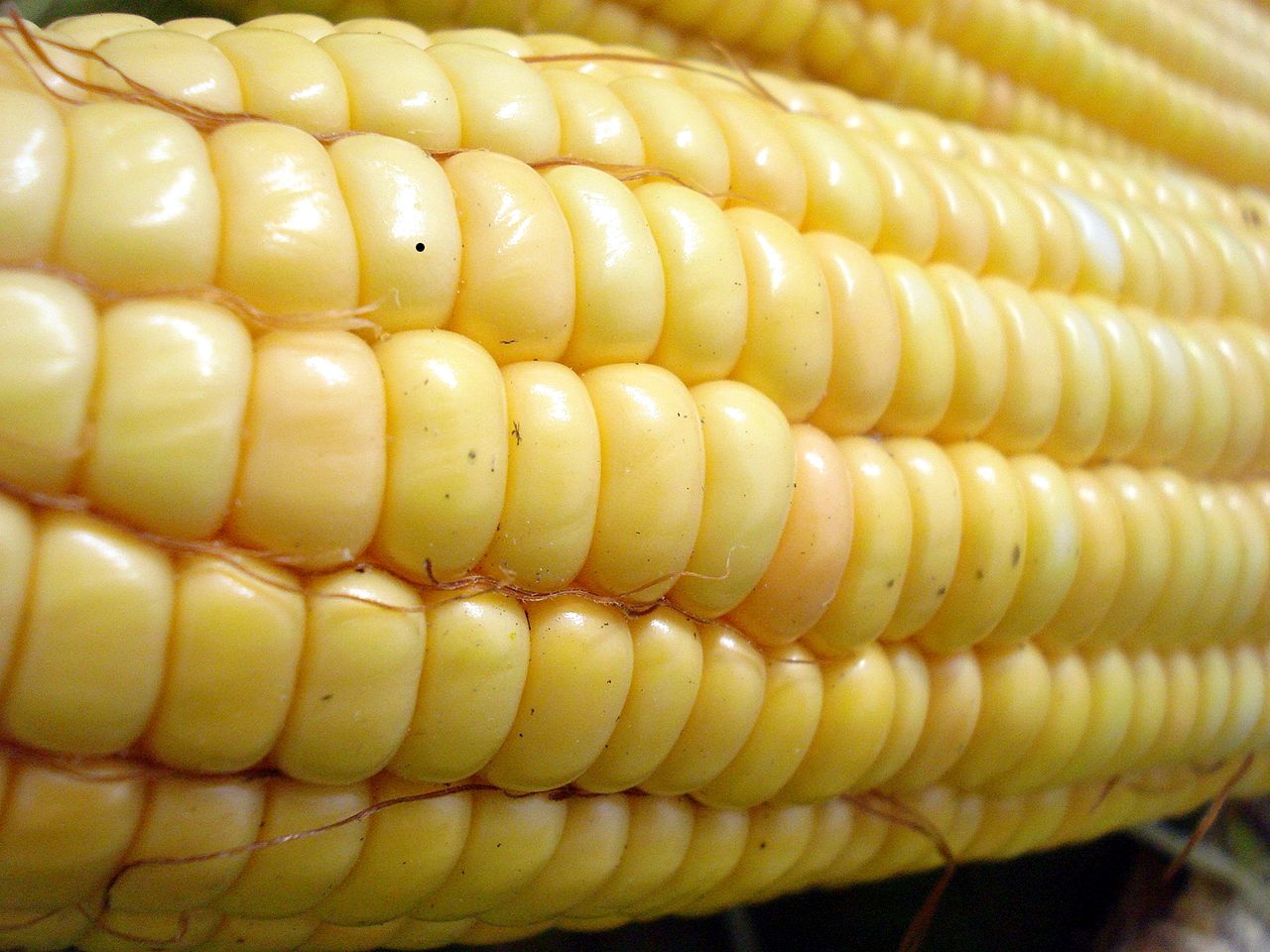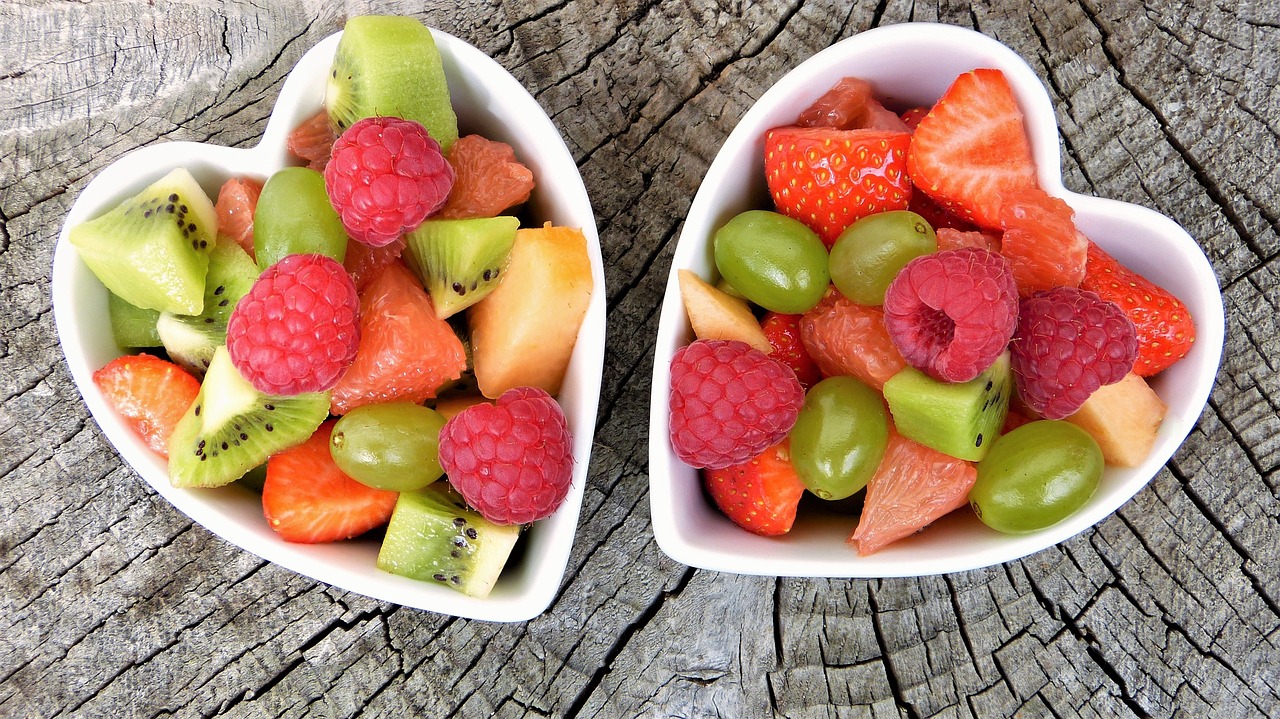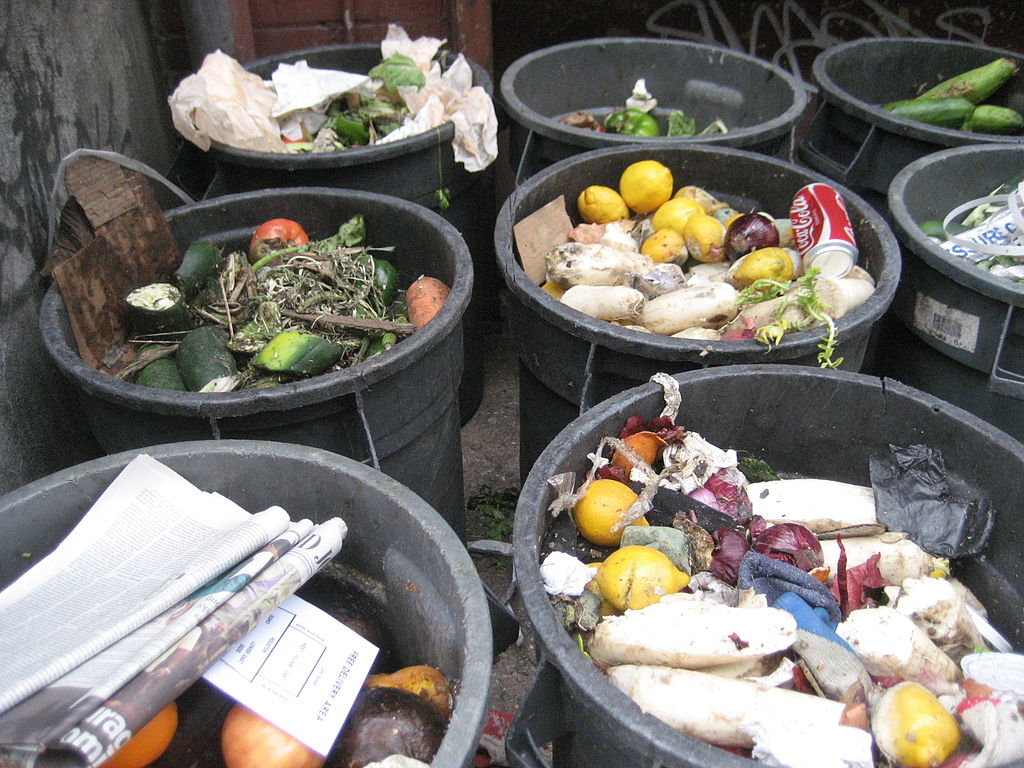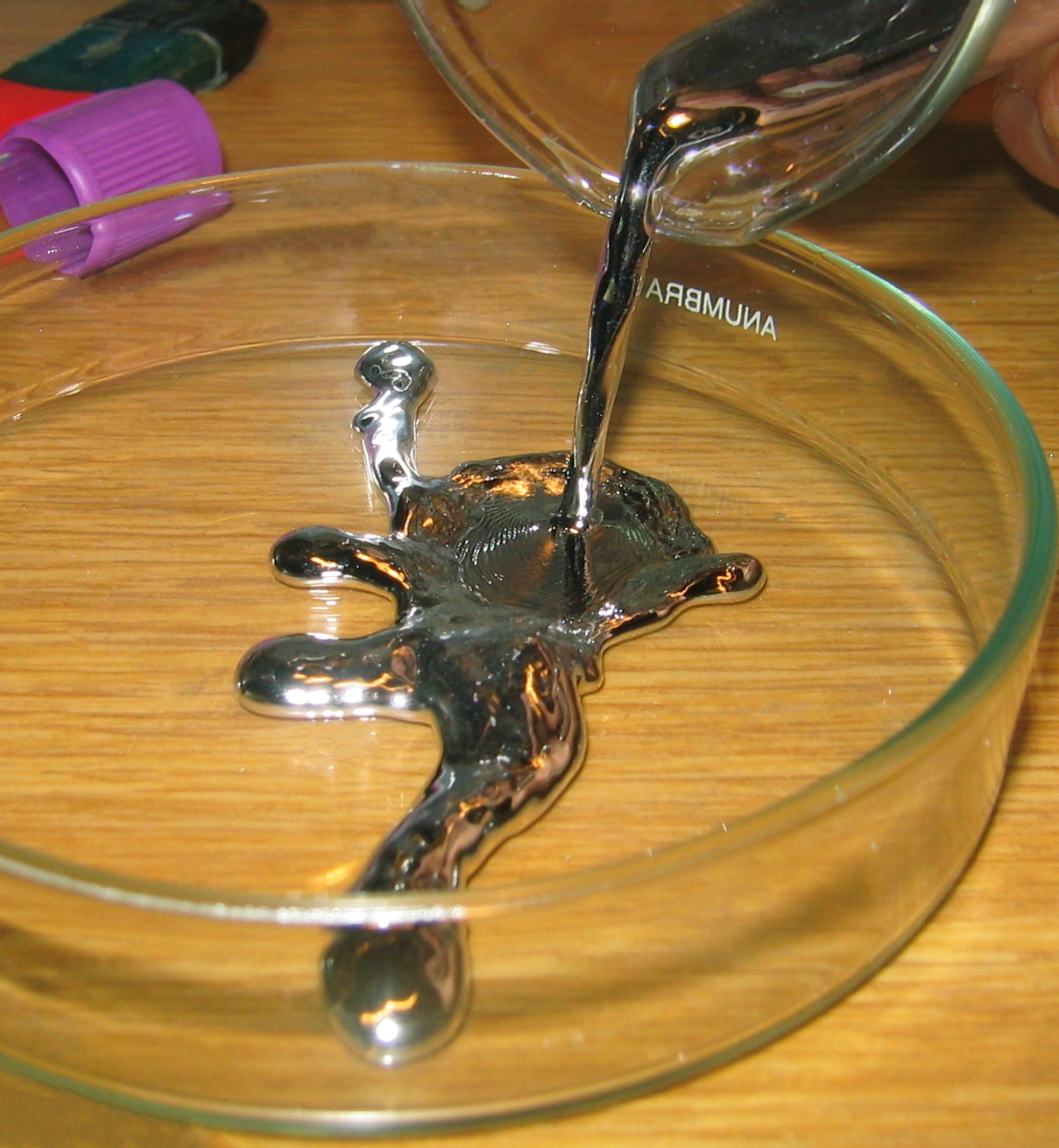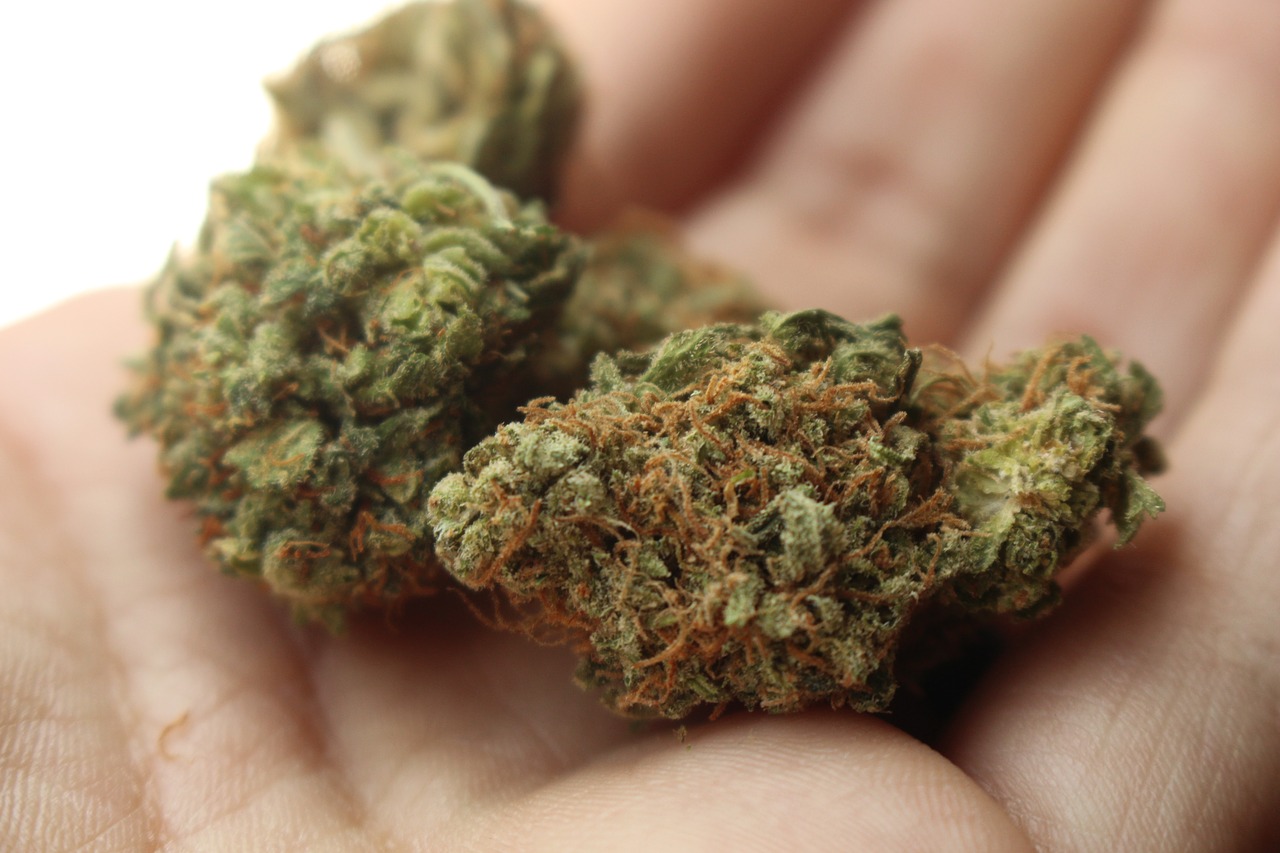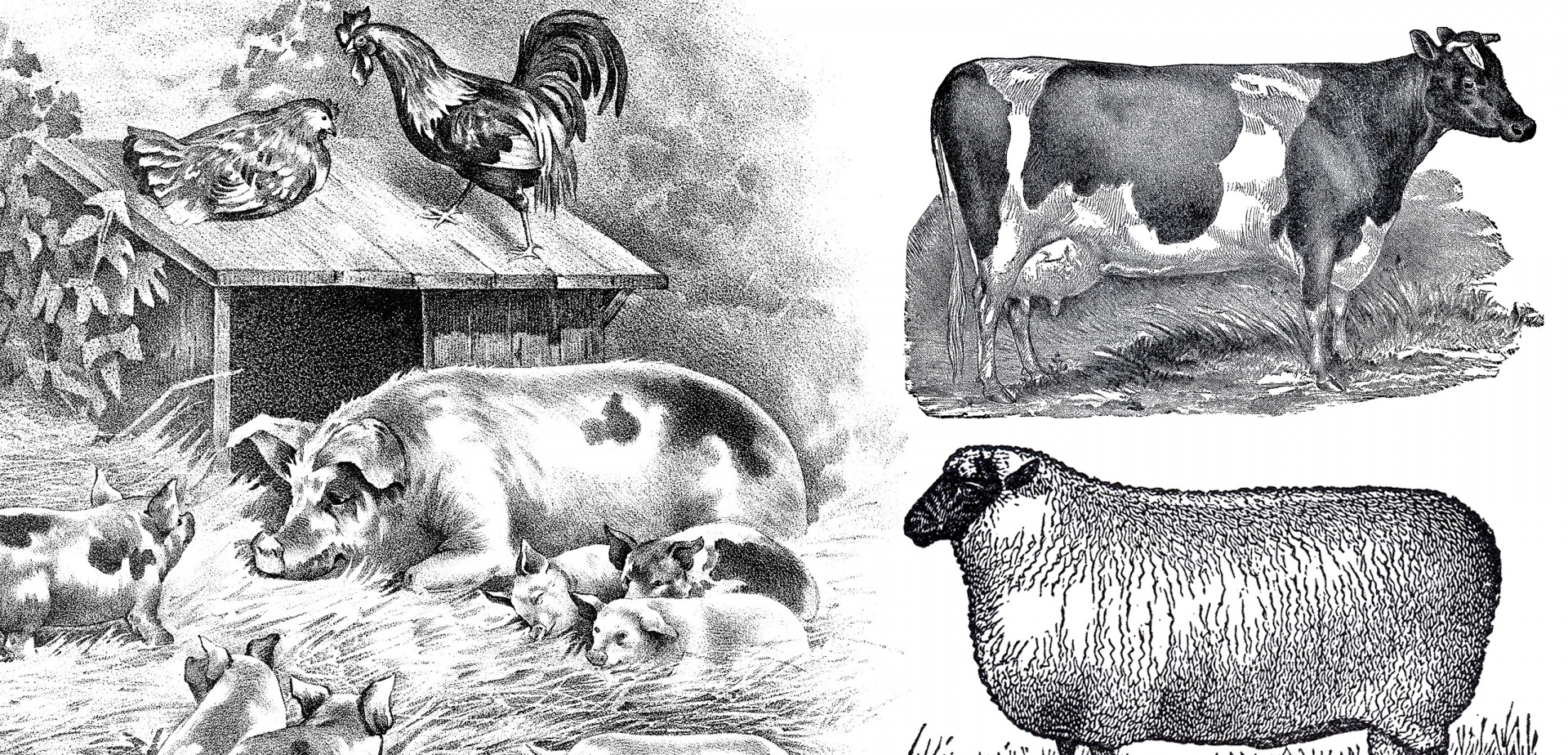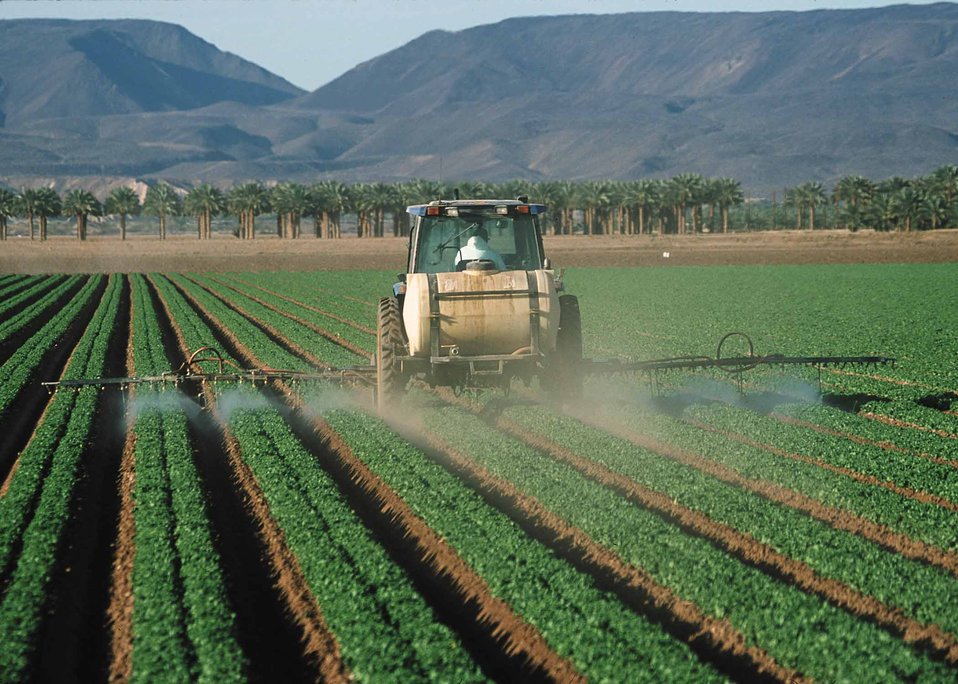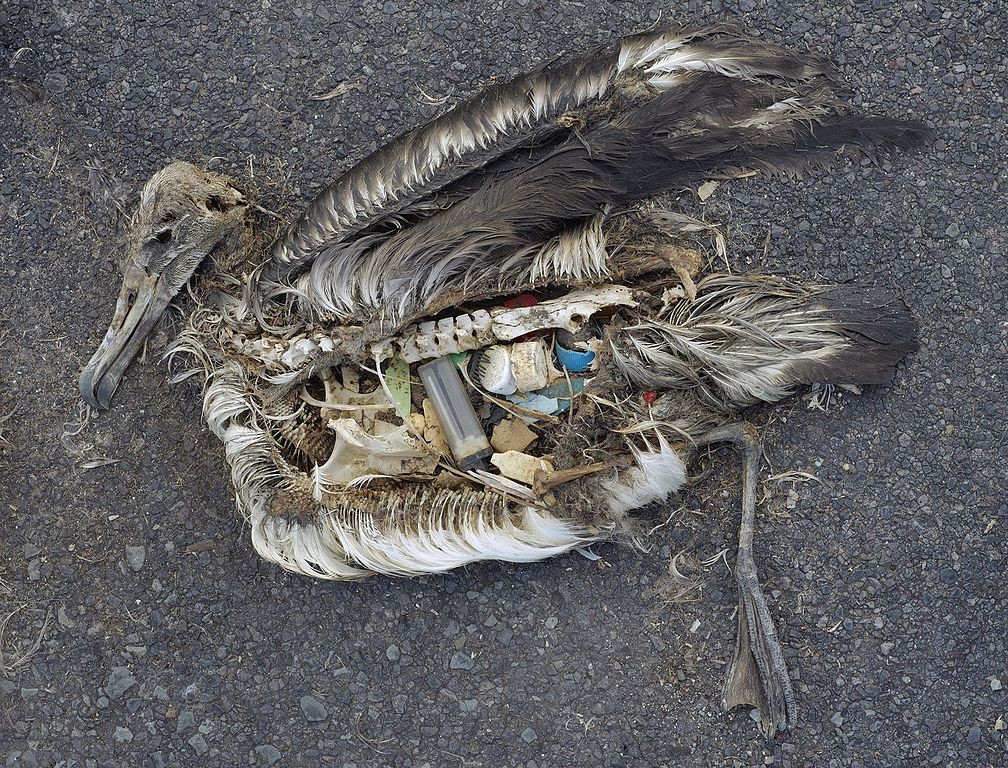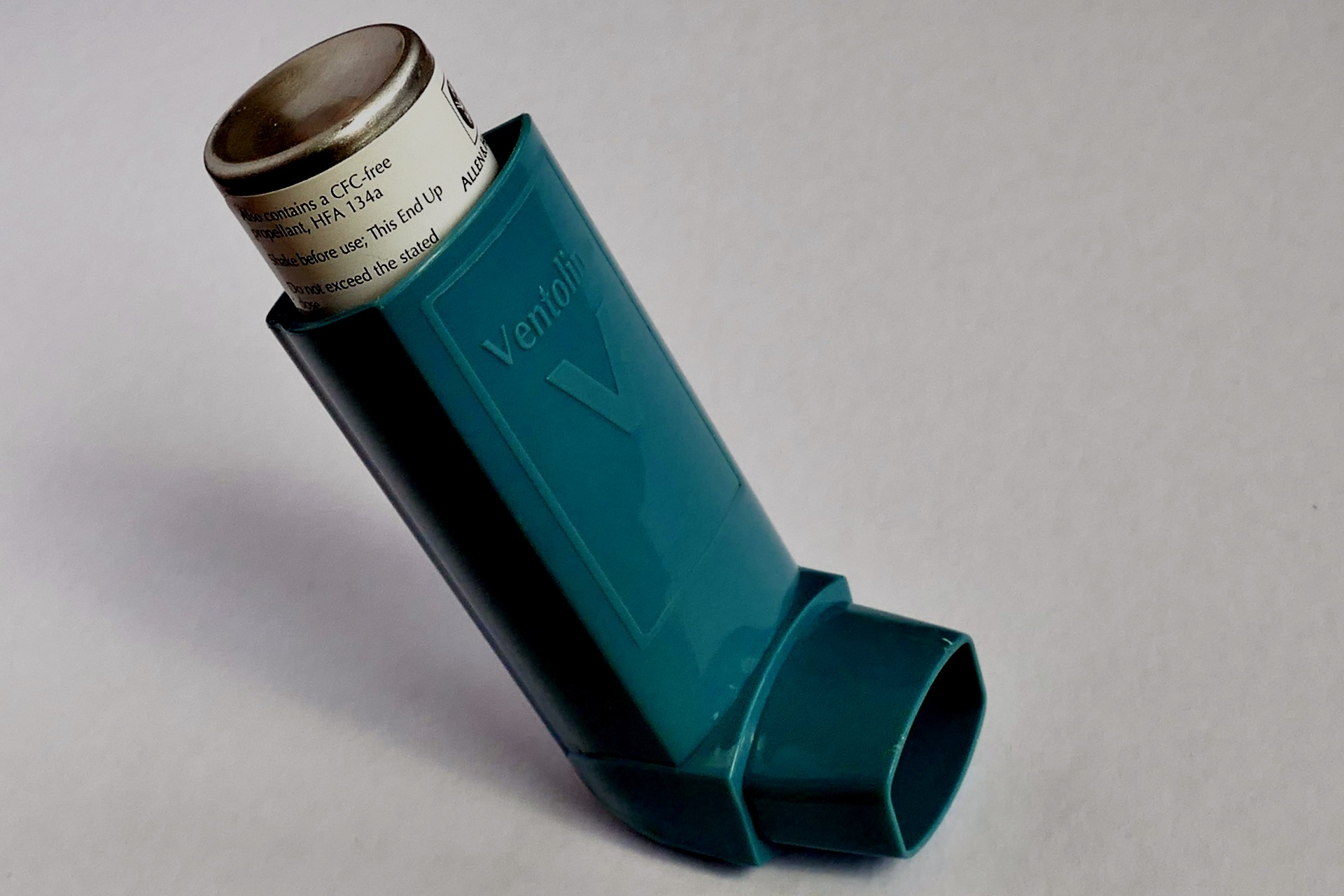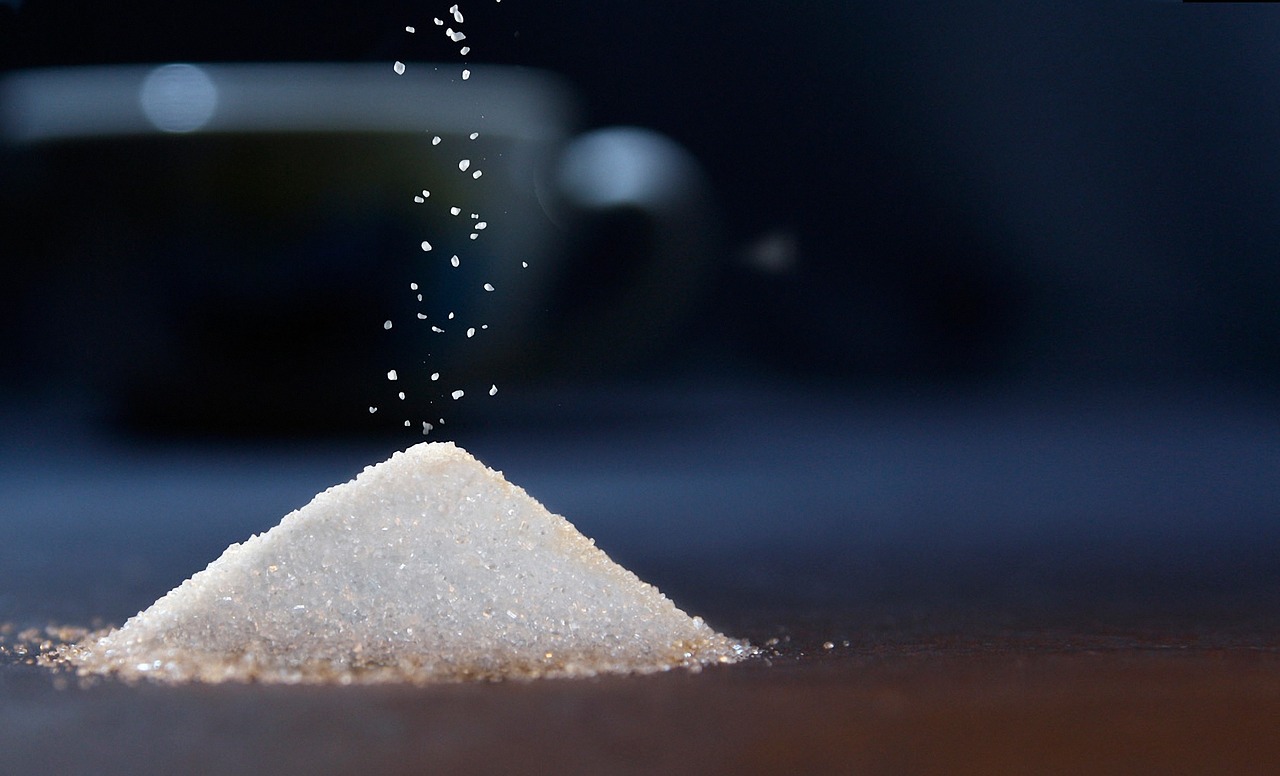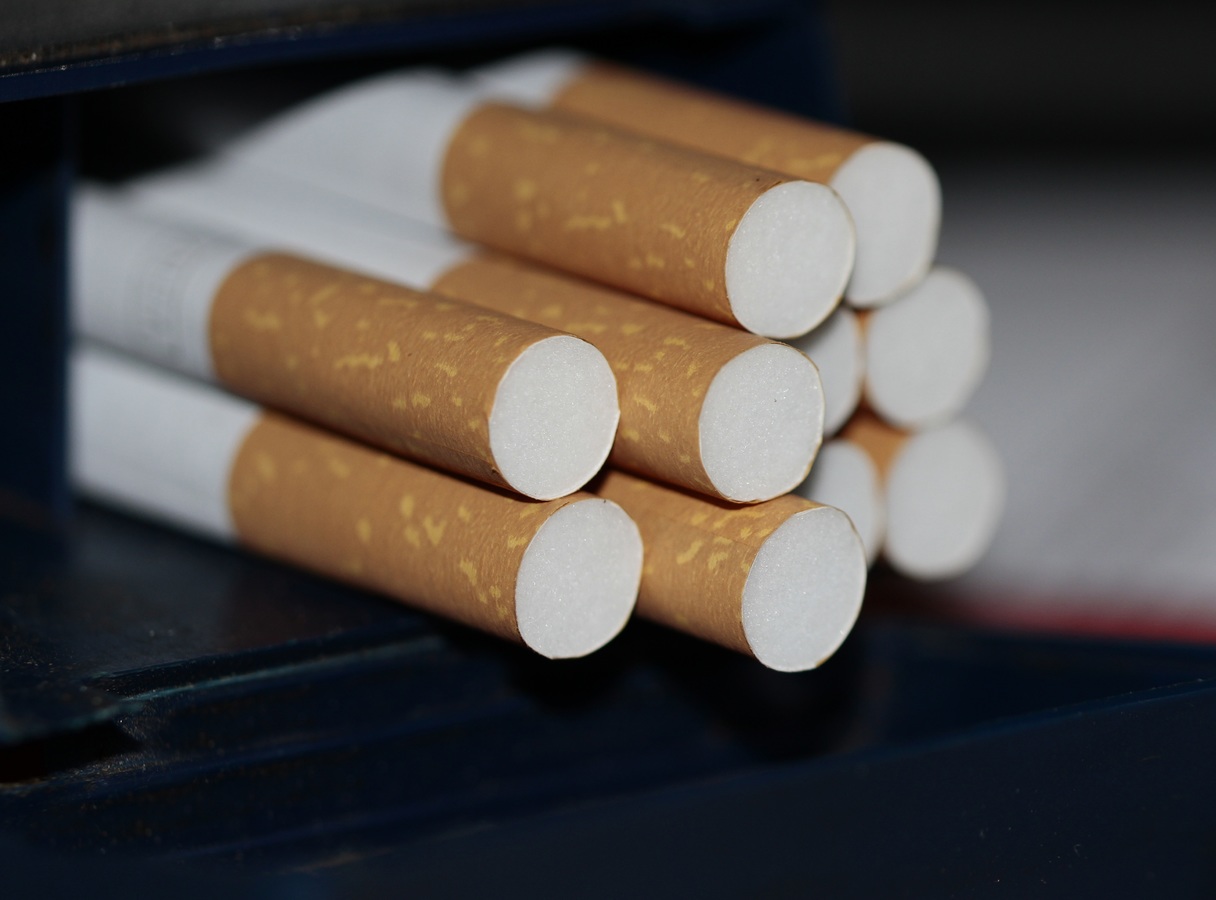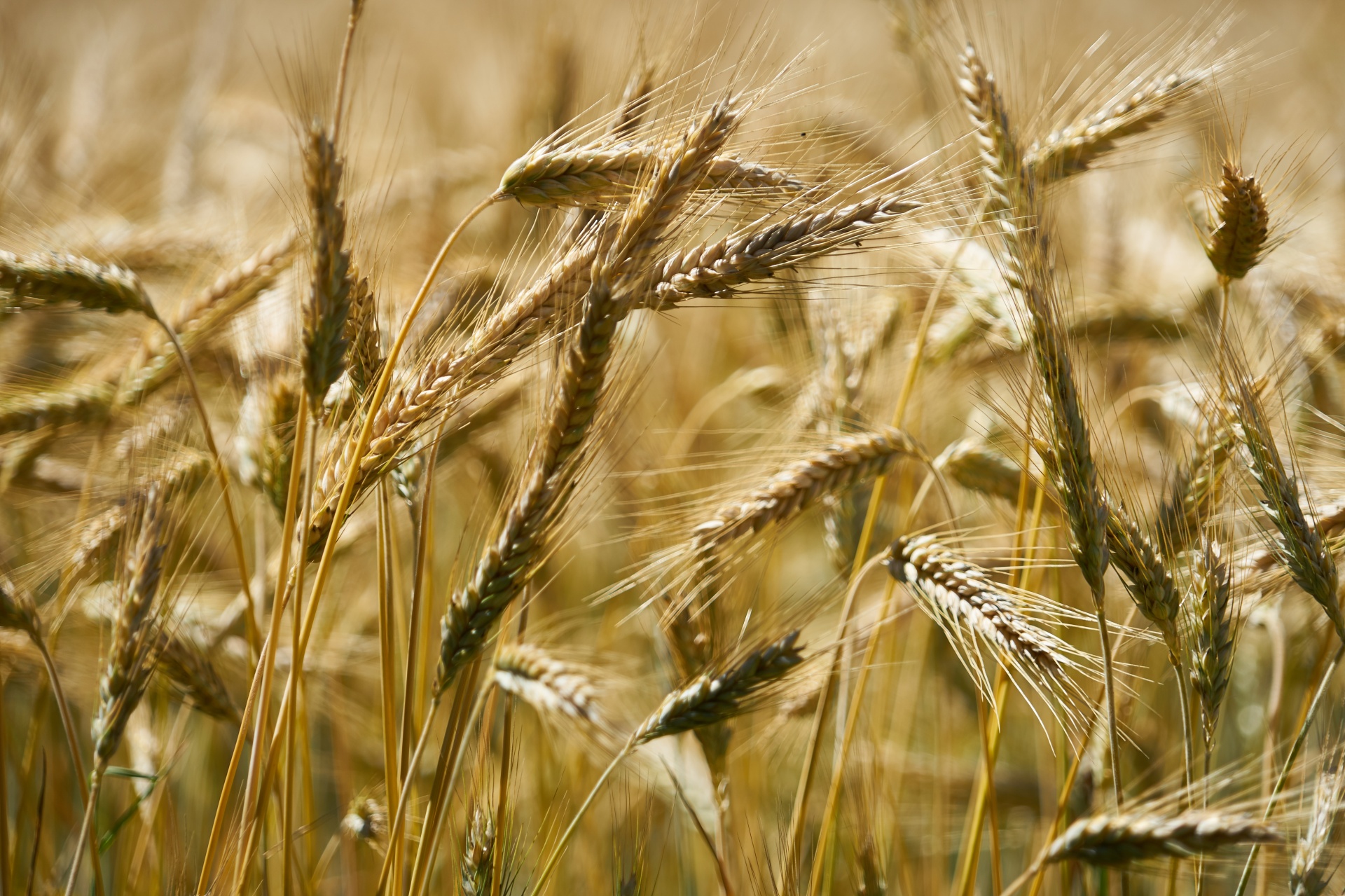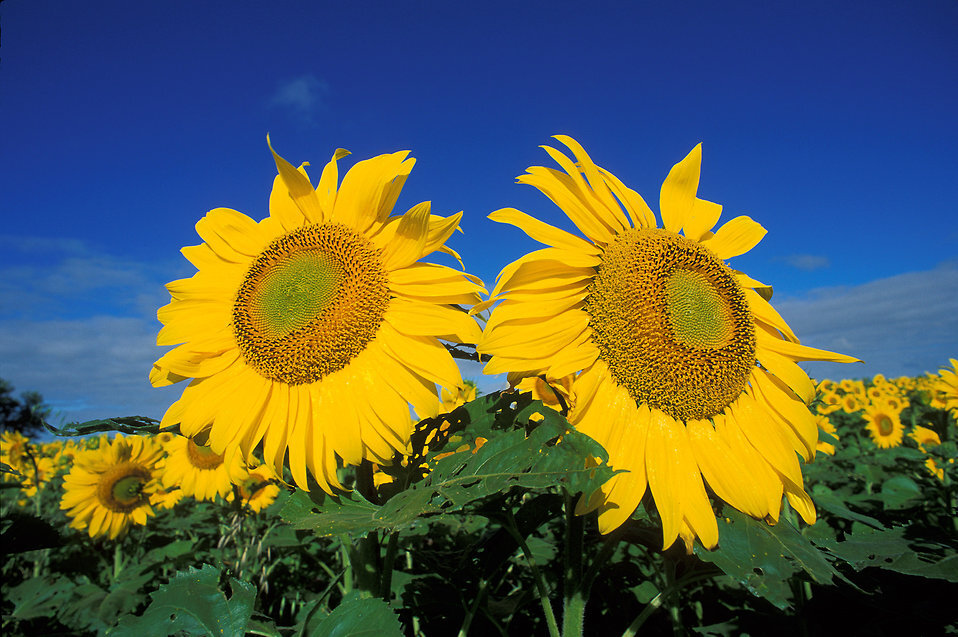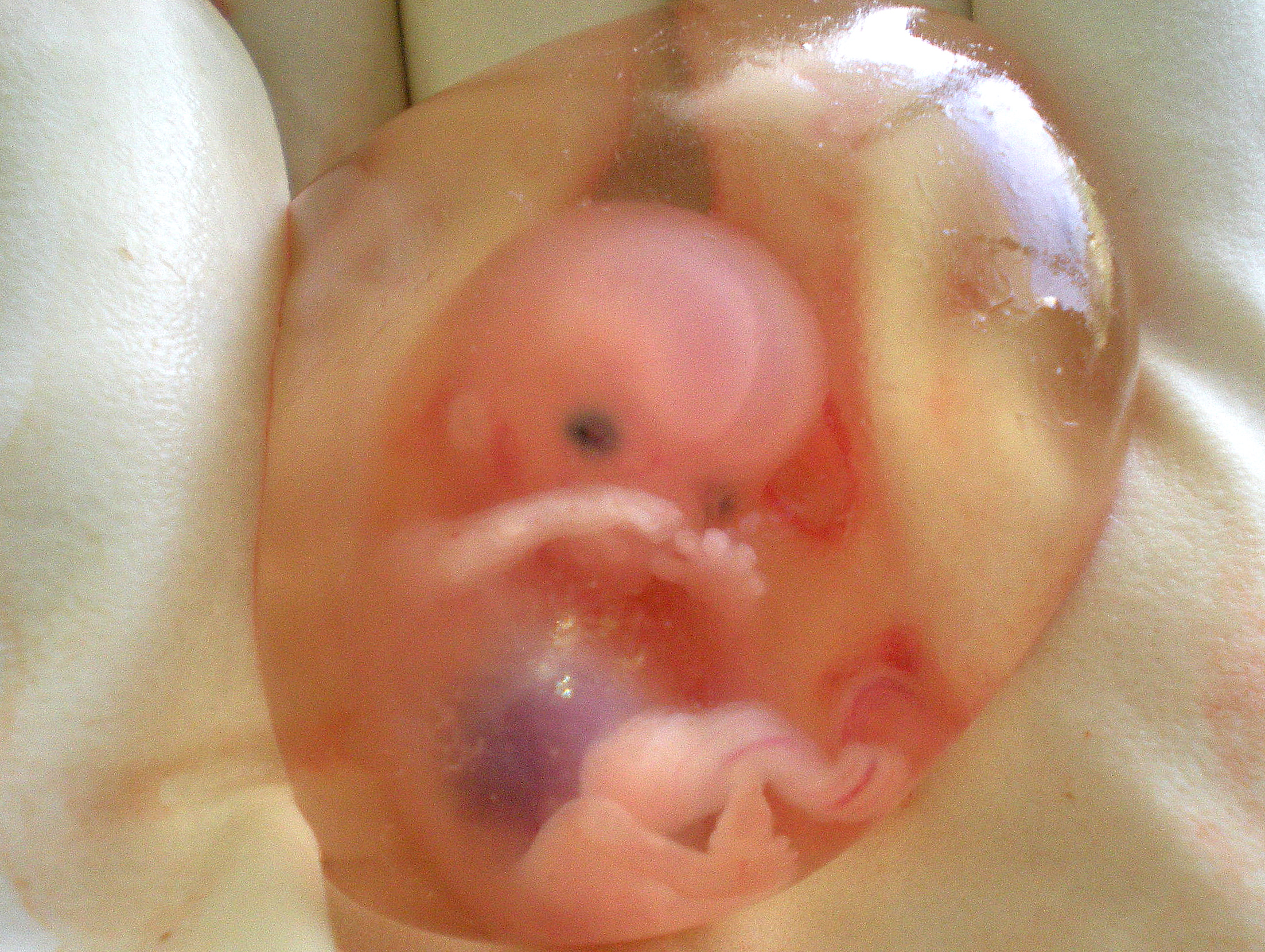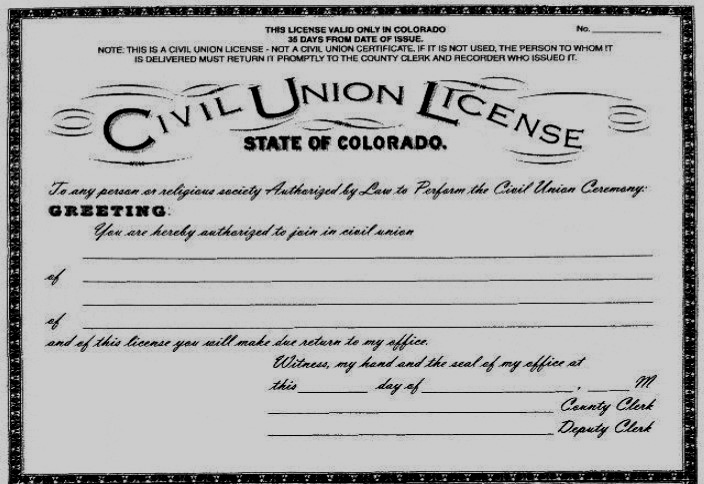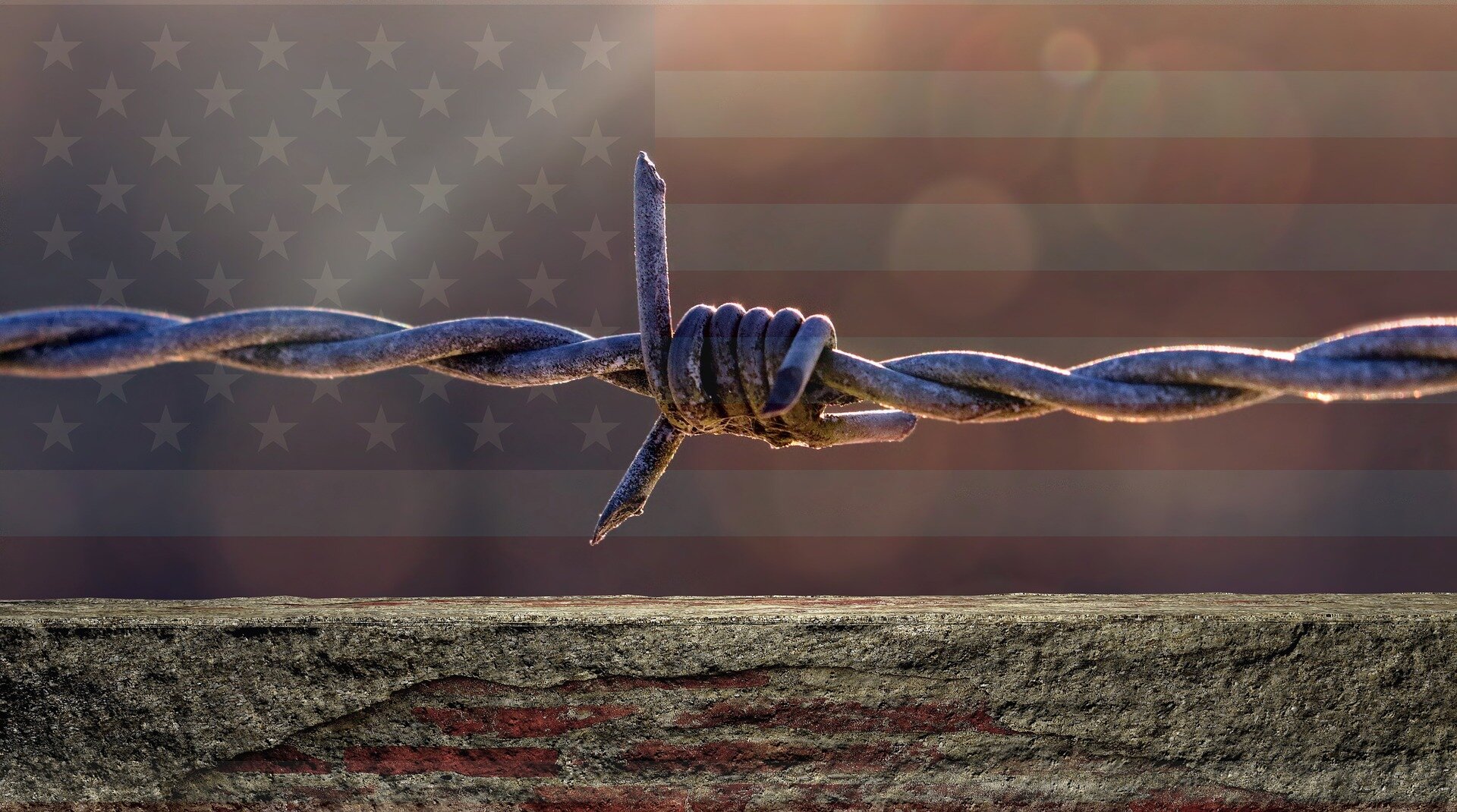Corn and Corn Subsidies
Photo credit: Ashlyak, Wikimedia Commons.
Introduction
This page explores the science, history, and politics of corn production, including subsidies, overproduction, and corn allergies.
This page is part of our section on the Environment, which explores the following topics: Animal Antibiotics; Animal Extinction; Climate Change; Coal, Gas, Oil; Corn; Food and Nutrition Misc; Food Waste; Health Care Systems; Lead, Mercury, Heavy Metals; Marijuana; Meat’s True Cost; Pesticides; Plastics; Renewable Energy; Sugar; Tobacco; Water; Wheat.
Messages and Resources on Christian Restorative Justice, Environment, and Health
Out of Eden: A Christian Study and Action Guide to Food and the Environment
A practical Study and Action Guide for use by small groups discussion or personal reflection. The guide covers topics that are actionable on the personal and policy levels: sugar’s impact on our bodies and sugar corporations’ truth-telling and accountability, corn and corn subsidies creating over-supply, plastic and its biological impact on animals and humans, the true cost of meat in terms of soil depletion and air pollution, and food waste and the practices which can diminish it.
Other Resources on Corn and Corn Subsidies
Wikipedia, Corn Allergy (Wikipedia)
Dr. Atli Arnarson, Phytic Acid 101: Everything You Need to Know. Authority Nutrition (website) Helpful chart, why corn and other legumes are called anti-nutrients - strips minerals from you.
Christopher D. Cook, The Spraying of America. Earth Island Journal, 2004. Re: pesticides used in corn growing is poisoning us through groundwater
King Corn (video documentary, 2007) On the corn industry.
Cooking Up a Story, Conversation with King Corn Filmmaker. Cooking Up a Story, Nov 20, 2007. Part 1. A 6 min video.
Cooking Up a Story, Conversation with King Corn Filmmaker. Cooking Up a Story, Nov 29, 2007. Part 2. A 6 min video.
Cooking Up a Story, Conversation with King Corn Filmmaker. Cooking Up a Story, Dec 16, 2007. Part 3. A 6 min video.
Ethan Book, Corn Allergies In A Corn Based World. Epicurious, Sep 12, 2008.
Pedro R. Silva, Corn Subsidies Make Me Sick (and Fat). Inquiries Journal: Social Studies, Arts, and Humanities, 2010 Volume 2, Number 11. Critique of ethanol policy.
Tyrone Hayes, The Toxic Baby. TED Talks, Dec 2010. About atrazine's impact on frogs causing intersexuality, etc.
Kathleen Masterson, The Farm Bill: From Charitable Start To Prime Budget Target. NPR, Sep 26, 2011.
Union of Concerned Scientists, The Energy-Water Collision: Corn Ethanol’s Threat to Water Resources. UCSUSA, Oct 2011.
Poverty USA, Sample Letter: Take Action on the Farm Bill. Poverty USA, a Catholic Initiative, 2012. would need to be modified for the 2019 farm bill
National Corn Growers' Association, World of Corn. Unlimited Possibilities. NCGA, 2013. a positive spin and Policy Paper 2016, along with Report 2016
Jonathan Foley, It’s Time to Rethink America’s Corn System. Scientific American, Mar 5, 2013.
Corn Allergy Girl, Corn-tamination Series: Avoiding Corn in Meat. blog, Jun 22, 2013.
Dr. Mercola, U.S. Farm Subsidy Policies Contribute to Worsening Obesity Trends. Mercola, Jul 27, 2013.
David J. Lynch and Alan Bjerga, Taxpayers Turn U.S. Farmers Into Fat Cats With Subsidies. Bloomberg Business, Sep 9, 2013. On the political lobby
Mark Hyman, M.D., Why You Should Never Eat High Fructose Corn Syrup, Huffington Post, Nov 12, 2013.
Sirah Dubois, The Disadvantages of Corn-Fed Chicken. Livestrong, Dec 18, 2013.
Juan Williams and Amy Goodman, Silencing the Scientist: Tyrone Hayes on Being Targeted by Herbicide Firm Syngenta. Democracy Now, Feb 21, 2014. Atrazine is an estrogen in corn pesticide
Ron Nixon, Senate Passes Long-Stalled Farm Bill, With Clear Winners and Losers. NY Times, Feb 4, 2014.
Tamar Haspel, Farm Bill: Why Don't Taxpayers Subsidize the Foods That Are Better for Us? Washington Post, Feb 18, 2014.
Michael Moss, The Extraordinary Science of Addictive Junk Food. NY Times, Feb 20, 2013.
Jennifer Steinhauer, Farm Bill Reflects Shifting American Menu and a Senator’s Persistent Tilling. NY Times, Mar 8, 2014.
Linda Bonvie, Corn Refiners Admit HCFS With 90% Fructose Used 'For Decades' Food Identity Theft, Apr 18, 2013.
The Whole Truth, Review of King Corn. The Whole Truth, Jun 17, 2014. A 6 min video.
John Dreher, The Truth About Mold in Buildings. Danville Community Development Corporation. Notes starch is food for mold.
Katie Bratskeir, What’s The Difference Between Sugar And High Fructose Corn Syrup? Huffington Post, Apr 1, 2015.
Sandy Pelland, Part 1: The Truth About Corn Allergy. MomLifeTV, date unknown.
Sandy Pelland, Part 2: Corn Allergy - The Real Story. MomLifeTV, date unknown.
Carlisle Ford Runge, The Case Against More Ethanol: It's Simply Bad for Environment. Environment 360, May 25, 2016.
Sustainable Pulse, New EPA Report Will Lead to Virtual US Ban on Atrazine Herbicide. Sustainable Pulse, Jun 3, 2016.
New Study Shows Major Molecular Differences between GMO and Non-GMO Corn. Organic Consumers Association, Dec 19, 2016.
Dave Merrill and Lauren Leatherby, Here’s How America Uses Its Land. Bloomberg, Jul 31, 2018.
Max Lugavere, Dementia is Preventable Through Lifestyle. Start Now. TEDxVeniceBeach, Nov 2, 2018. Eating too much wheat, rice, corn, especially processed, causes rise in insulin and fat and brain inflammation. Eating heavy leafy greens is healthy, along with avocados and extra virgin olive oil. Aerobic exercise.
Dan Charles, New Evidence Shows Fertile Soil Gone From Midwestern Farms. NPR, Feb 24, 2021. “There's no quick solution, she says. But there are ways to farm that also rebuild topsoil. They involve less tilling, or none at all. Farmers can grow grass and harvest hay, rather than corn.”
Stefan Chin, Corn Shouldn't Be Food, But It Is. SciShow, Apr 28, 2023. A 7 minute video on the history of corn domestication.
Cody Johnston and Katy Stoll, America's Toxic Food System. Some More News, Aug 9, 2023. Why corn is in nearly everything we eat, how factory farms are bad for consumers and the environment, and why capitalism makes it so hard to eat healthy.
More Perfect Union, This Billionaire Family is Suffocating Rural America. More Perfect Union, Jul 8, 2024. The Koch Industry company owns fertilizer. “Just 4 companies control almost all the fertilizer in America. Fertilizer prices have tripled since 1980, farmers are struggling, and it could get even worse. Now the Kochs are planning a billion-dollar merger to drive up prices for farmers—and suffocate rural America—even more.”
Christian Restorative Justice, Environment, and Health: Topics:
This page is part of our section on the Environment and Health, which explores the following topics:


